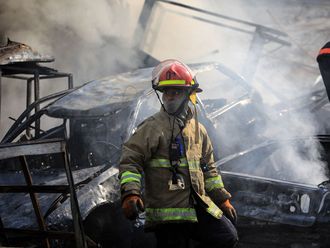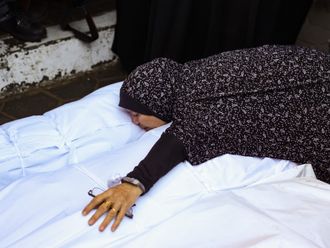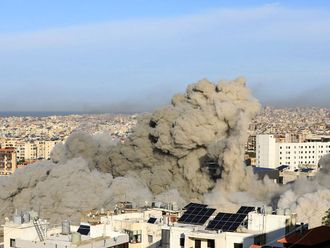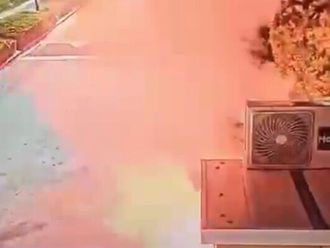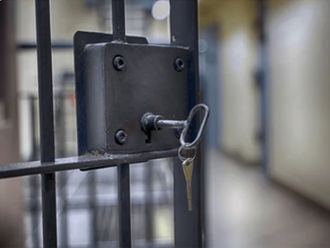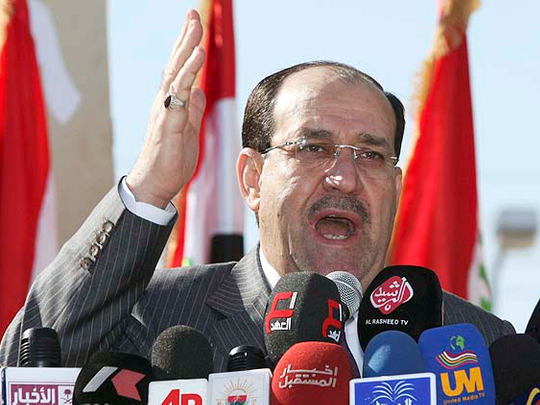
Baghdad: Prime Minister Nouri Al Maliki, who is locked in a tight battle with his main rival to form Iraq's next government, called on Sunday for a recount of votes cast in the country's March 7 polls.
Iraq's electoral commission rejected the call, with commission chief Faraj Al Haidari saying that a manual recount would take "too long".
"We have provided all political entities with CDs with the results of counting at the political centres, after thorough checks on our part," Haidari said. "If they have doubts and think that there are errors, they can ask us to hold recounts at particular centres, but not across all of Iraq."
Latest results released by Iraq's election commission and based on 92 per cent of ballots cast show Al Maliki's State of Law Alliance trailing the Iraqiya bloc of Eyad Allawi by less than 8,000 votes nationwide.
Click here to read in-depth report on the Iraq election
Results from the election, the second since Saddam Hussain was ousted in the US-led invasion of 2003, come less than six months before the United States is set to withdraw all of its combat troops from Iraq.
"Prime Minister Nouri Al Maliki calls for the high electoral commission to immediately answer the demands of political parties to proceed with a manual recount," a statement from Al Maliki's office said.
The statement added, noting that Al Maliki remained head of the country's armed forces, that he wanted a recount to "protect political stability, avoid a degradation of the security situation and prevent a return to violence."
It did not specify whether he wanted a nationwide recount, or only in particular provinces.
The statement differs markedly from Al Maliki's own comments just a week ago, when he said on television that election complaints were "very small" in nature and "cannot affect the results."
Iraq's Independent High Electoral Commission (IHEC) has previously downplayed any allegations of fraud, and has pleaded for patience as the vote count, which has so far taken two weeks, continues.
"We have heard many calls for a recount but we have not received any official request," Sa’ad Rawi, an election commission official, told AFP.
"When we receive an official request, we will discuss this within IHEC and with the UN."
Figures released on Saturday put Iraqiya ahead of State of Law by just 7,928 votes.
Overall, Iraqiya garnered 2,543,632 votes compared with State of Law's 2,535,704. The Iraqi National Alliance, a coalition led by Shiite religious groups, was in third place with 1,915,654.
The nationwide vote count is an indication of the tight race between the two main rivals, but it was not immediately clear how their tallies would affect the number of seats they win in parliament.
Iraq's proportional representation system makes it unlikely for any single group to clinch the 163 seats required to form a government on its own.
Complete election results are expected in the coming days. Final results - after all complaints have been investigated and ruled upon - are likely by the end of the month.
Allawi told the BBC on Saturday that his priority would be to "purge the armed forces and secret services of sectarian elements" if he should form Iraq's next government.
The police force was "riddled with sectarianism," he charged, pinning much of the blame on Al Maliki with whom he said he would refuse to work in a coalition unless the current premier changed his outlook.


